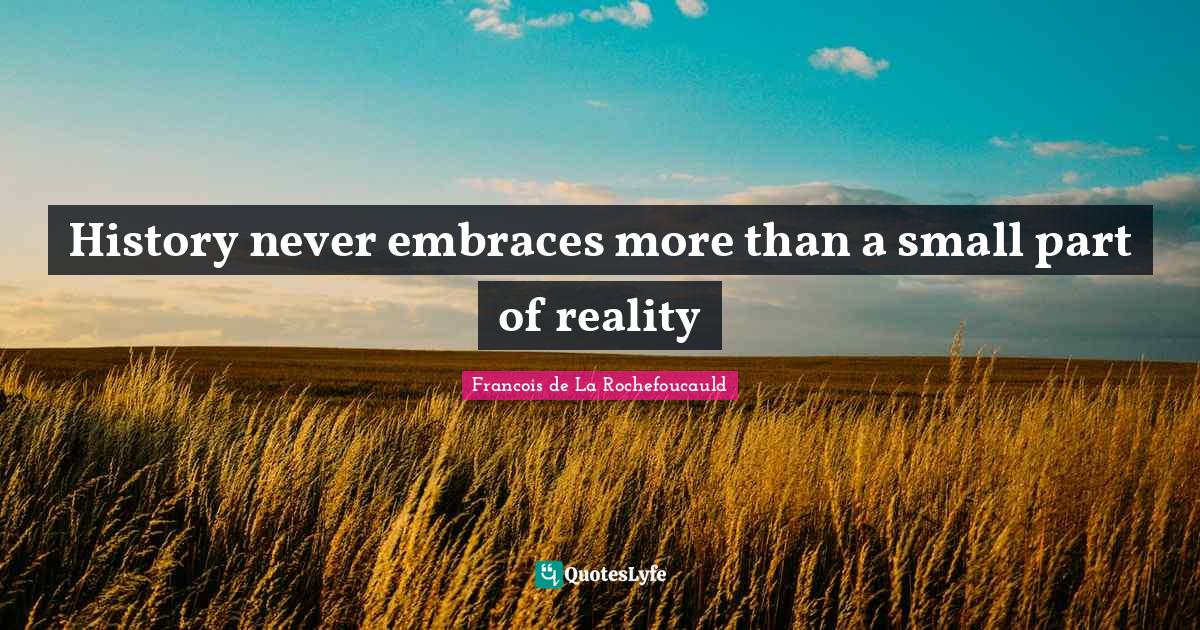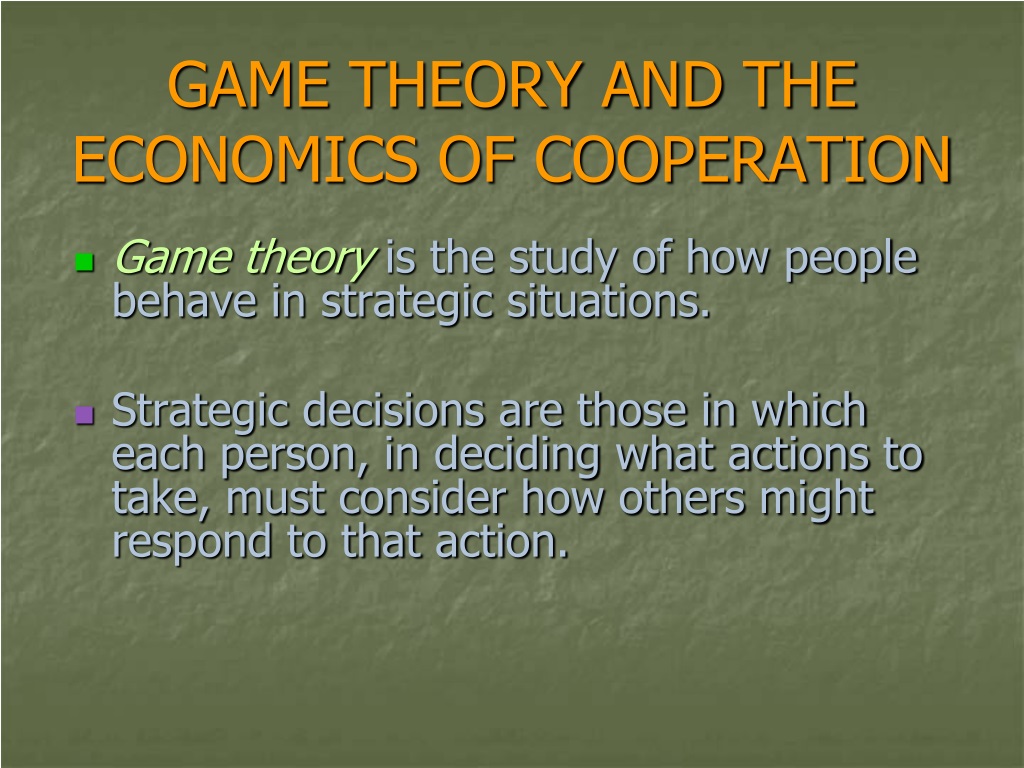History is not a collection of facts. Historians writing about, say, the French Revolution inevitably make it into a story, creating meaning and projecting their prejudices. These stories, argues Jouni-Matti Kuukkanen, are neither true nor false: they are more like artworks, composed of meanings, morals and metaphors. But then why should we prefer one story over another? Must we just pick whichever seems most beautiful, or best accords with our prejudices? Kuukanen argues that we can do better: we can pick between stories in a rational way, once we accept that rationality doesn’t require truth. 1. Is history closer to literature than to science?: the “narrativist insight”What is most interesting in history? What kind of historical knowledge is most significant? Should we focus on so-called facts, such as that Napoleon was born in 1769 in Corsica? While individual facts and details are important, we surely care more about giving m…
Read the full article which is published on IAI TV (external link)






